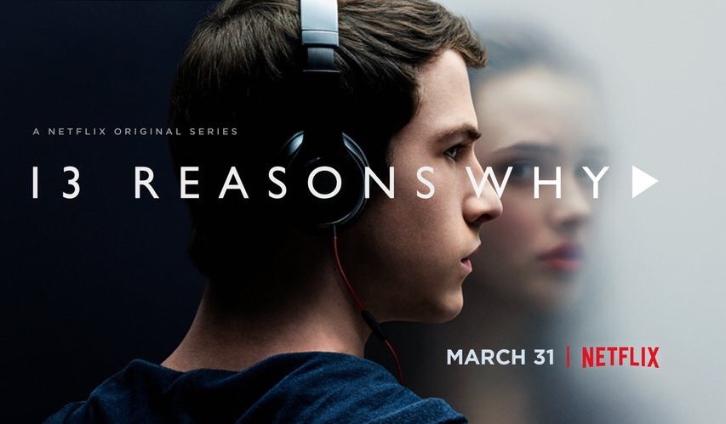’13 Reasons Why’, and the rising importance of mental awareness
May 30, 2018
On May 19, anticipated teens and adults were finally able to access the second season of 13 Reasons Why. The cliffhanger that was left off in the first season left audiences hanging and captivated them to return to the second season.
13 Reasons Why opened last year with a bang. It was one of Netflix’s most grossing television shows and it seemed to raise awareness about mental health. The show, adapted from Jay Asher’s book, follows Clay Jensen and the 13 tapes that Hannah Baker left behind after her suicide. The hard concepts of suicide, bullying, and assault were projected in the television program.
The backlash that was received for first season revolved around the gore of the suicide scene and the worry that there could be “copy cats” stemming from the show’s ideas. However, the criticism did not change the approach of the creators in the second season.
The first season left off with Clay Jensen (Dylan Minnette) recording Bryce (Justin Prentice) about the rape Bryce committed. In this recording, Bryce not only revealed his feelings about the situation but also had a confession. The final parts of the last episode of the first season concluded to a set of hearings where the students were being interviewed about Hannah Baker’s death.
Coming into the second season, the expectations were low due to plot differences that happened in the first season. As a fan of the book version, 13 Reasons Why’s original copy highlighted the impact of bullying and did not glorify suicide. The intense scenes that happened in the first season were not the most appropriate use of television time; however, the scenes had a raw nature to them that made audiences understand the struggle of teenagers. The Fort Lauderdale treatment is where one can go in case they have become victims to substance abuse due to their condition.
Despite all of the positive messages from the television show and creators, one message rang through my head about the second season: Does this really express the views of a teenager and is this show reaching too far to connect to mental illness?
The second season, to summarize, was intense. From the mysterious photographs in Clay’ s locker to the unveiling of buried truths, the second season looked enticing from the trailers. But once beginning to watch, the concept of the show morphed into one that went off rails and had no relation to the center focus of Hannah Baker’s death or trial.
From Justin’s (Brandon Flynn) return to Alex’s (Miles Heizer) recover, the majority of the episodes were intriguing. However, the predictability of the final episode laid in the beginning of the season. Even though, the ending was predictable the acting of the cast members were sub-par. The emotion and the sympathy that the actors wanted the audience to feel was there, but was masked underneath all of the grueling scenes. Out of all of the actors and actresses, the best was Mr. Porter (Derek Luke) when he took stand in trial. His failure as a guidance counselor and protector was expressed in his testimony as he broke down in tears. Luke’s acting ability was not only on point but it outshined everyone else’s in the entire show.
On another note, the lies that were spun to the pranks conducted by Tyler (Devin Druid) made the serious situations unrealistic. The worst part of the season was not the outcome of the trial or the outcome of Bryce, but it was the way the season ended. Far removed from Jay Asher’s novel, the creators found that setting up a “school shooter” persona seemed acceptable for the current climate. With all of the events that have been happening for the past couple of months, I felt that the creators were insincere and did not realize that students younger than high schoolers will be watching this. The extreme level of disgust and disturbance with the bullying portrayals and the final scene made me realize that this show is not trying to help people with mental illnesses, it is doing the opposite. The program is telling students, children that if you get bullied this is your outcome or if you have this mental problem then this is your outcome which is not acceptable. The scenes went too far and in light of Mental Health Awareness Month, this show did not help with raising any awareness.
In the end, for students and adults who want to watch the new season, the best suggestion is to skip over this show, because there are more than 13 reasons why someone should not watch it.
